Young love through the screen
Kaleo Jhaveri Evans, Emi Dubrawski and Gracie Kelley sit on their phones during a hangout.
Modern technology and the communication that stems from it is infamous for its anonymity; a quality that both damages relationships and fuels young love.
Hiding behind a screen, teens feel more capable of having adult conversations–even if they aren’t ready to properly have them.
Freshman Dean Cynthia Kinnear notices that teenagers are a lot braver because they don’t have to be face to face when asking for inappropriate favors or having risky conversations.
“Bullying has gotten worse because of it and also sexual harassment,” Kinnear said.
With the downsides to digital communication, one might wonder: why are teenagers so infatuated with it?
For some, it is an addiction, and for others, it is an opportunity to get to know people they would be otherwise afraid to speak to in person.
Junior Sarah Jung says that social media and our phones can be the easiest way to converse and avoid confrontation.
“I feel like so many of us are so scared to voice our opinions in person and hiding behind a screen makes it easier,” Jung said.
Social media in its many forms has reached audiences as young as elementary schoolers, but can consist of the same content and usage regardless of age.
Kinnear has seen communication evolve in her daughters, students and even her own friendships.
“In a way I don’t think kids have as strong of connections with each other because they are not getting face to face time,” Kinnear said.
With platforms that allow for so much freedom, adolescent minds have taken advantage of the internet to change the way intimacy works.
In Jung’s early stages of social media she felt a huge transition in the way she viewed herself and others.
“I was definitely more in people’s lives, like I knew what they were doing compared to before when I had no electronics. I didn’t know what people were doing so I just saw them when I saw them,” Jung said.
Senior Tyler Devere thinks that social media is misused within younger and older relationships for image purposes.
“People have a sort of fake relationship on social media because they wanna portray the best of themselves,” Devere said.
Senior Sierra Kato can say from experience, that communicating solely over the phone can be damaging to a relationship because of all the misinterpretation.
“I look at it [messages from her significant other] and forget to respond and then they would get mad and say why didn’t you respond?,” Kato said.
Not only were things misunderstood from Kato’s part, but her significant other struggled to be clear on his intentions when they couldn’t talk in person.
“It [talking] was often over the phone or text because he went to a different school. He would tell me certain stuff he would be doing but the sad part is I know he was hiding stuff,” Kato said.
It’s no secret, online relationships can be dangerous.
“It is easier to manipulate someone online and take advantage of them,” Jung said.
At previous schools, Kinnear observed privacy being jeopardized when student relationships ended poorly which could be dangerous because of the kinds of things teenagers shared with each other over the phone.
“Now boys will say pretty inappropriate things to girls and ask them for pictures – back in my day nobody did that because you would have to walk up to the girl and say ‘hi,’” Kinnear said.
Kato sees social media as another way to be dangerously codependent to your significant other because it is so easily accessible to communicate no matter the distance.
“You think that they have to live up to a certain expectation [of constant updating and communication] because everyone our age does it,” Kato said.
Even with its many negative aspects, Kinnear is reassured that it really depends on the kid and how they choose to use their technology.
“My daughter, she’s in eighth grade, she has a little boyfriend, and they mostly talk on facetime. They’re not just sitting there texting and DMing each other – and they do a lot of things together. Our family will get together with his family and they’ll like to go surfing and do things together and I think that’s really healthy,” Kinnear said.
Kinnear confirms that caution can help social media stay fun and engaging for teens.
“I think over the years we are starting to learn our lessons, like once it’s out there it’s out there,” Kinnear said.
“Other people’s opinions on certain things that you post can kinda create drama so being clear with your significant other on what you’re doing and making sure you have privacy in your life is the way to do it,” said Devere.

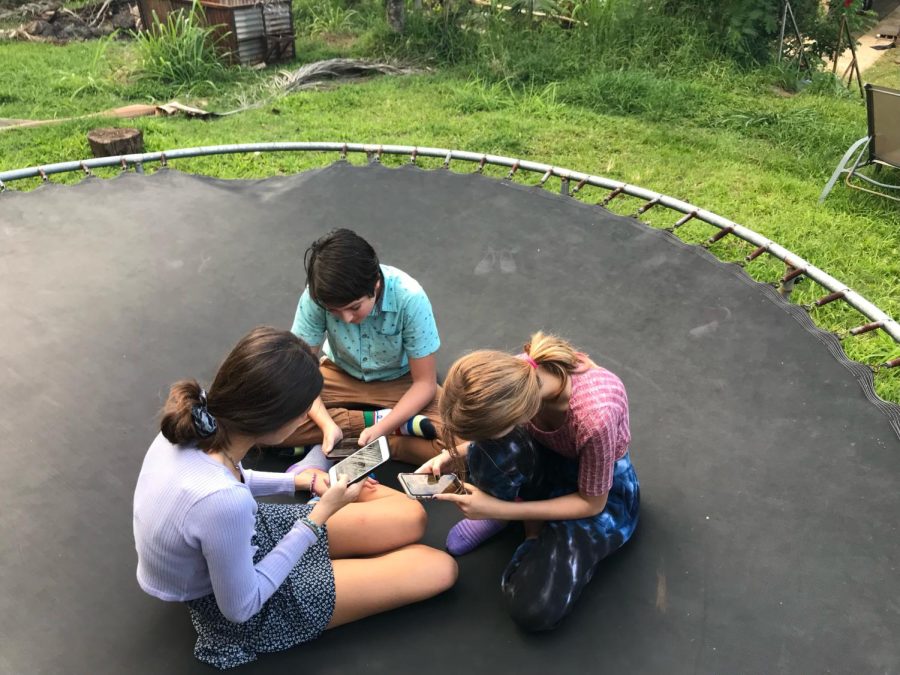
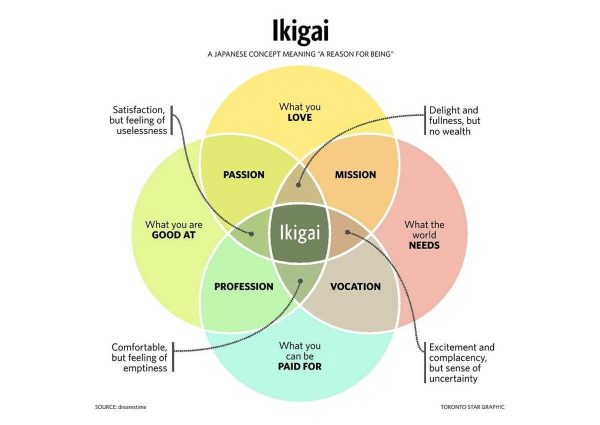
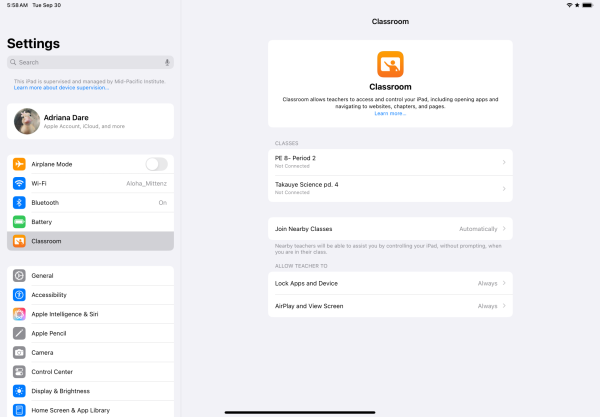
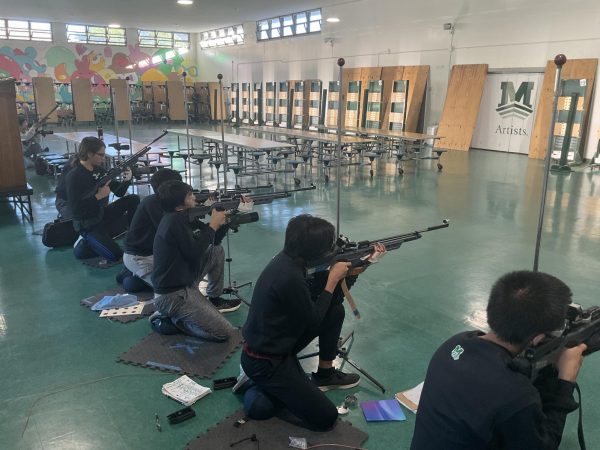
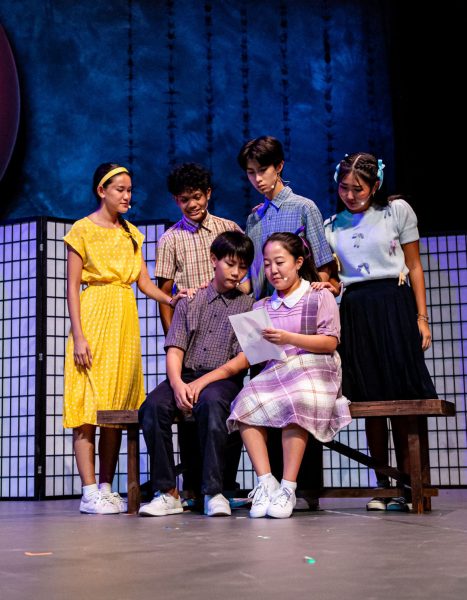

C.L • Mar 1, 2022 at 7:34 am
I completely agree with everything this Article states. With social media growing, and allowing more communication through it, also comes danger. And that is something everyone should be well aware of. Article is very well written, and using resources to gather information is a trait that helps make an article wonderful. Well done.